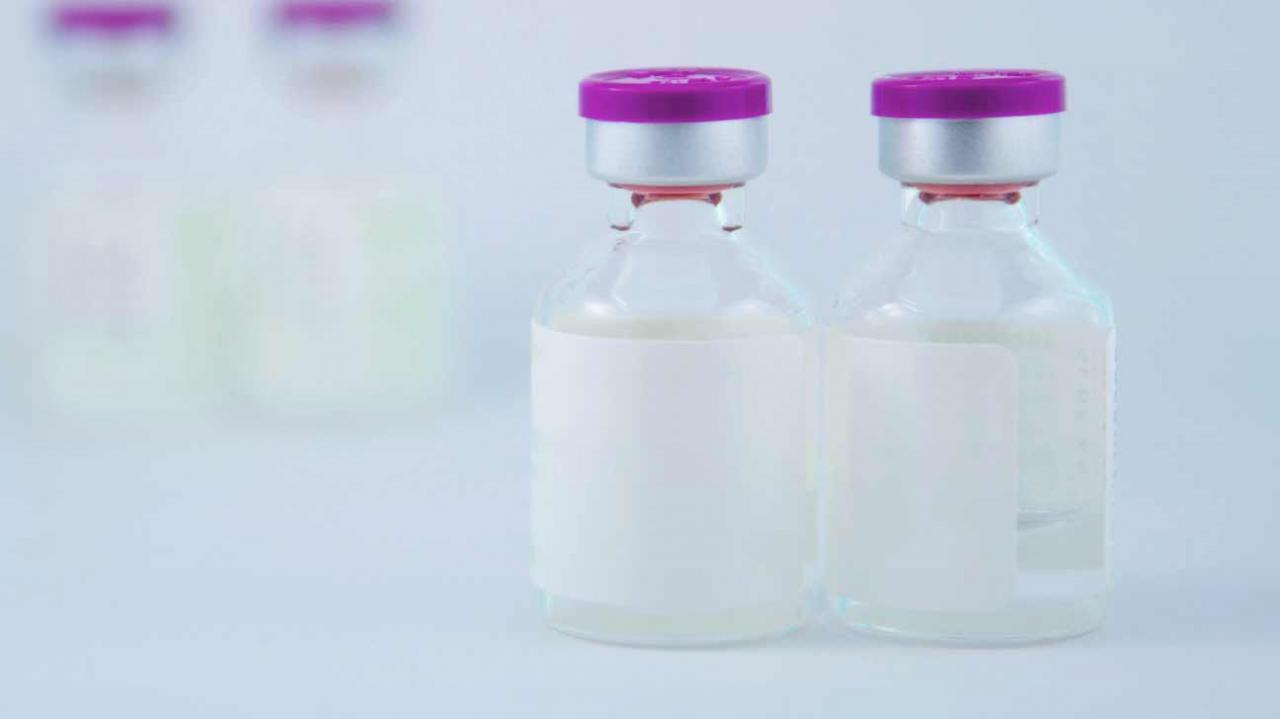Crohn's disease manifests during childhood and adolescence in approximately 25% of patients. The potential for growth impairment is a complication unique to the pediatric patient population with chronic intestinal inflammation.
To understand why growth is inhibited in children with Crohn's disease (CD), comprehension of the mechanism of normal development is necessary. A child's growth is dependent on genes and environment, hormones as well as nutrition. The growth hormone-insulin-like growth factor I, (GH-IGF-I) has a major role in normal psotnatal growth. Growth requires energy. Reduced energy intake, rather than excessive energy losses or increased needs, is generally the major cause of growth impairment.
An association between impaired growth and low IGF-I levels has been well recognized and accepted to be the result of malnutrition. Caloric intake of growth-impaired pediatric patients with CD were reported to be 54% of the caloric intake recommended for children of similar height and age. Symptoms of CD are avoided by deliberate food restrictions. (1)
Recently, the role of proinflammatory cytokines in growth inhibition has been explored. Cytokines are proteins which are produced by the body's cells. They interact with cells in the immune system by regulating the body's response to disease and infection, as well as mediating normal cellular processes. Proinflammatory cytokines, such as interleukins and interferons, make a disease worse. (2)
Within the last decade, the direct growth-inhibitory effects of proinflammatory cytokines, which are released from the inflamed intestines, have been recognized and are currently the focus of research. Puberty is frequently delayed in patients with CD. Experimental colitis (inflammation of the colon) models demonstrate that inflammatory mediators, the cytokines, potentiate the puberty-delaying effects of undernutrition.
Normal growth is a marker of the success of therapy. Biologic agents that have the potential to achieve mucosal healing provide optimism that the prevalence of growth impairment will be reduced. Biological agents, such as Infliximab and Remicade, are prodcuced by living organisms.
In the management of growth impairment, pre-illness and parental heights are important to obtain at the time of diagnosis. Following diagnosis and the initiation of treatment, regular measurement and charting of height are essential. Attention needs to focus on both providing adequate nutritional support and treating inflammatory disease with the most appropriate pharmacological, nutritional, and if necessary, surgical interventions. (1)
(1) Nature Review Gastroenterology and Hepatology September 2009
(2) www.about.com






Add a Comment1 Comments
Thanks for such an informative article. I always suspected but never really had confirmation. I was diagnosed at the age of 12 and as a result - puberty was delayed and I never hit that "growth spurt". Coupled with the extremely high doses of prednisone I was on and my growth plates closed (even though doctors estimated I had about four inches left before they did).
December 7, 2009 - 2:50pmI am now 28 and am 4'11" which is said to be a direct result of Crohn's disease. My father has Crohn's and is only 5'7" and I am wondering if that is also because of it.
It is not too big of a deal at my age but when I was a teenager I hated being so little. I also never gained weight (I weigh less than 100 pounds). Now I love being short!
This Comment